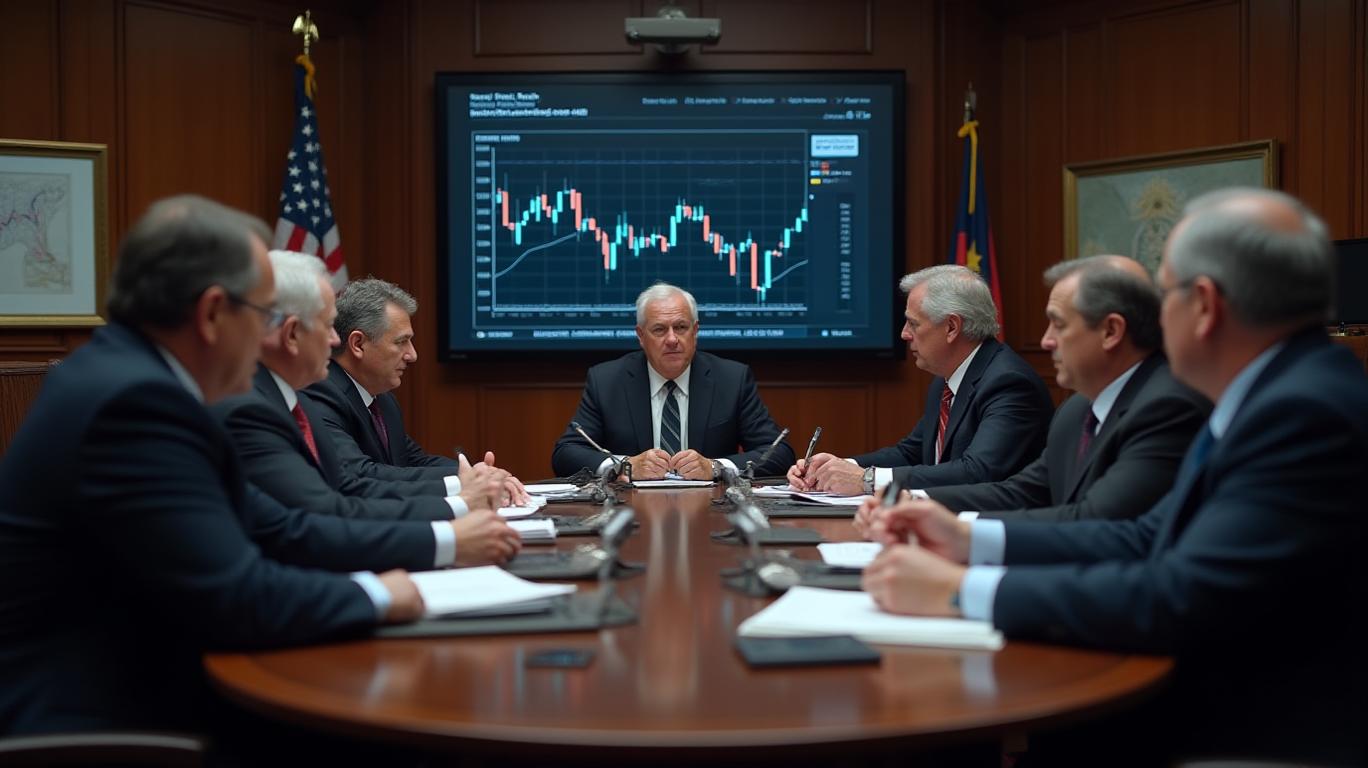"U.S. States Race to Adopt Bitcoin as Strategic Reserve"
Fifteen U.S. states are actively exploring the establishment of a Bitcoin strategic reserve plan, with Arizona and Utah leading the charge. This development signals a growing institutional acceptance of digital assets and positions Bitcoin as a potential cornerstone of state-level treasury strategies. As these initiatives gain momentum, they reflect a broader shift towards incorporating cryptocurrency as a legitimate asset class, warranting close attention from investors and policymakers alike.
The movement towards Bitcoin strategic reserves is part of a broader trend of states seeking to diversify their investment portfolios and explore innovative financial strategies. By integrating Bitcoin into their financial frameworks, these states aim to capitalize on the potential benefits of digital assets, such as increased liquidity, diversification, and potential for higher returns.
While the specifics of each state's proposal vary, the common goal is to establish a strategic reserve of Bitcoin to be held by the state treasury. This reserve would serve as a long-term investment, providing a hedge against inflation and potential market downturns. Additionally, some states are exploring the use of Bitcoin for everyday transactions, such as paying taxes or government fees.
The push for Bitcoin strategic reserves is not without its challenges. Critics argue that Bitcoin's volatility and regulatory uncertainty make it a risky investment for state treasuries. Additionally, some states may face legal or constitutional hurdles in implementing such a plan. However, proponents of the initiative point to the potential long-term benefits and the need for states to adapt to the evolving financial landscape.
As the debate over Bitcoin strategic reserves continues, it is clear that digital assets are here to stay. With increasing acceptance and integration into mainstream financial systems, cryptocurrencies like Bitcoin are poised to play an increasingly significant role in the global economy. As such, investors and policymakers alike should closely monitor the developments in this rapidly evolving field.

Quickly understand the history and background of various well-known coins
Latest Articles
Stay ahead of the market.
Get curated U.S. market news, insights and key dates delivered to your inbox.



Comments
No comments yet